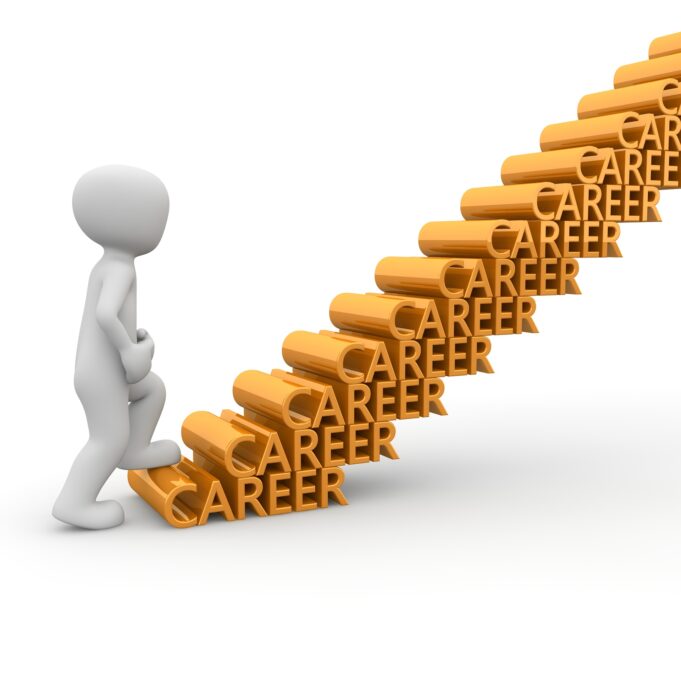Many individuals experience career-related stress and anxiety. The uncertainty of not knowing what we want to do or whether our chosen career path will lead to success can be overwhelming. In this Blog, we will explore seven evidence-based techniques to help you move towards a career that brings you genuine enjoyment and fulfillment.
1. Task Over Title
Often, people fixate on job titles or the perceived lifestyle associated with certain careers. However, it is important to shift focus towards the tasks involved in a particular job. Research in psychology suggests that happiness and success in a career are heavily influenced by one’s satisfaction with daily tasks. Instead of being swayed by glamorous job titles, consider the day-to-day activities that a job entails. This shift in perspective can help you determine if you would genuinely enjoy the tasks involved in a specific career.
2. Visualize Your Me Plus
Visualizing your ideal self, or “Me Plus,” can provide clarity and direction. Imagine the future version of yourself that you aspire to be. Define the job title, industry, and company that align with your aspirations. Additionally, specify the responsibilities and tasks that you would find fulfilling. This exercise helps you identify the specific activities that resonate with your goals and values, enabling you to take small steps towards achieving them.
3. Audit Your Time
An effective strategy for moving towards a fulfilling career is to audit how you spend your time. Take note of your daily activities and assess whether they bring you a sense of purpose and contribute to your long-term goals. By identifying tasks that align with your Me Plus vision, you can prioritize and invest more time in activities that move you closer to your desired career. Conversely, minimize or eliminate tasks that detract from your fulfillment and progress.
4. 13 Minutes a Day
Investing in activities that contribute to your career development is crucial. Professor Grace Lorden suggests dedicating 90 minutes per week (or 13 minutes a day) to learning new skills or honing existing ones. These small, consistent efforts compound over time, helping you acquire rare and valuable abilities. Whether you want to learn coding or enhance your problem-solving skills, committing to regular, intentional skill-building can significantly impact your trajectory towards a fulfilling career.

5. No Need to Return to University
Contrary to popular belief, pursuing a four-year degree or an expensive master’s program is not always necessary to find career fulfillment. The abundance of affordable or free resources available online allows you to learn various skills without stepping foot in a traditional classroom. While a university degree may provide backup options and certain advantages, alternative learning avenues can offer equivalent knowledge and expertise. Leverage these resources to acquire the skills you need for your desired career.
6. Embrace U-Turns
It is essential to recognize that our preferences and values can evolve over time. Embracing the idea of making career U-turns can lead to greater satisfaction and growth. Society often discourages changing one’s mind, emphasizing consistency and integrity. However, being open to reassessing your career path and making necessary adjustments is crucial for personal and professional development. Reflect on your evolving aspirations and be willing to change direction to align with your authentic self.
7. The Grid Search Mindset
If you are uncertain about your ideal career, adopting a grid search mindset can be helpful. Rather than fixating on a specific outcome, explore different activities and assess how they align with your interests and values. Consider what tasks bring you joy and fulfillment. Continuously gather data and take small steps in various directions. This experimental approach allows you to refine your understanding of what truly resonates with you and facilitates informed decision-making.
Conclusion
Finding a career that brings genuine enjoyment and fulfillment is a journey that requires self-reflection, experimentation, and adaptability. By focusing on the tasks involved in a job, visualizing your ideal self, auditing your time, investing in skill development, exploring alternative learning resources, embracing change, and adopting a grid search mindset, you can move closer to a career that aligns with your passions and values. Remember, career fulfillment is a continuous process, and it is never too late to make adjustments and pursue a path that brings you true satisfaction.








